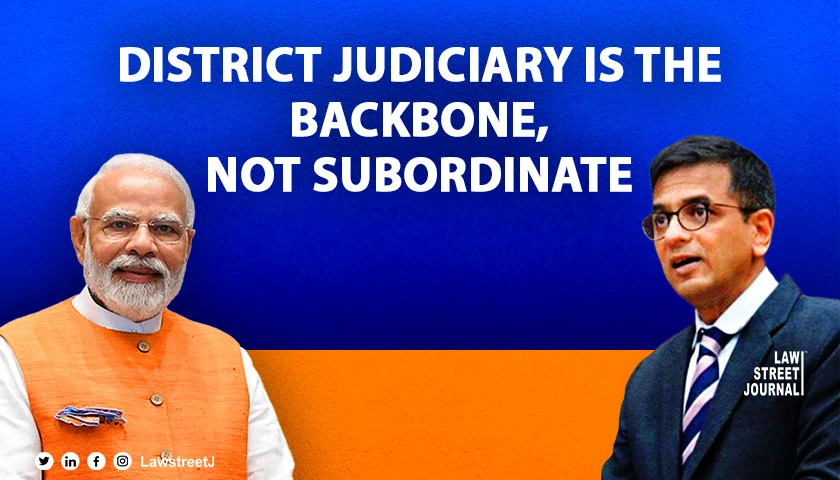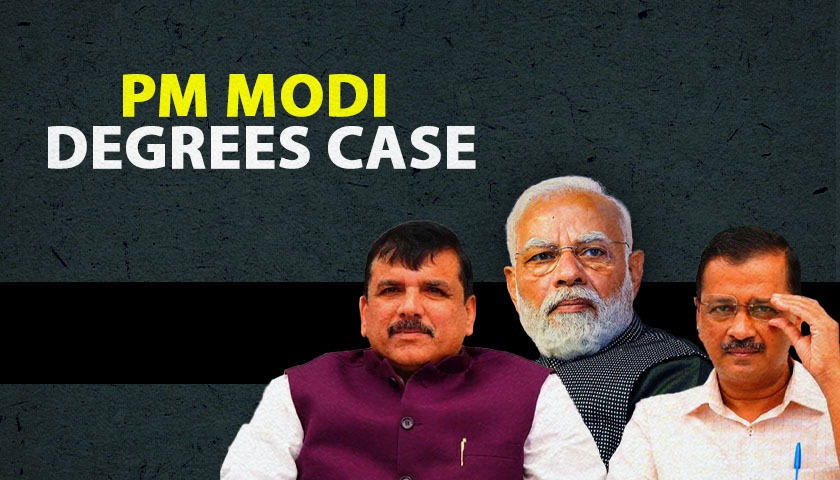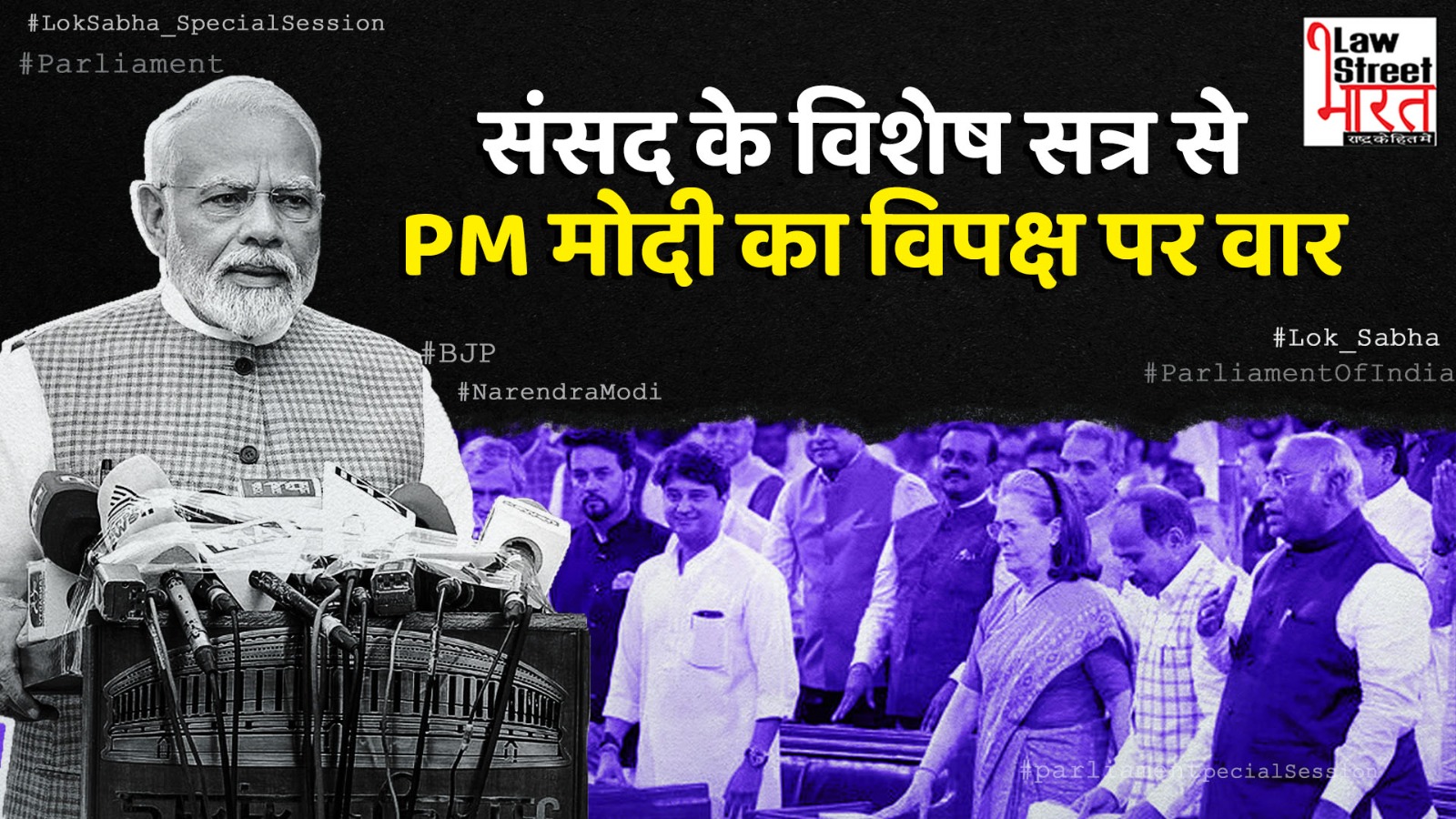NEW DELHI: Chief Justice of India D Y Chandrachud on Saturday said the district judiciary is the 'backbone of the judiciary' and it must not to called as subordinate judiciary since spine is the core of the nervous system.
In his address at the 'National Conference of the District Judiciary', inaugurated by Prime Minister Narendra Modi here, the CJI said every judge has the ability to transform not only the lives of lawyers who appear in court, but the present and future of our society.
“But to do so we must realise as judges, that we exist for reasons beyond our own existence. The core of our function is to serve others. That can happen when we put ourselves in the place of those who come before us with real life stories of suffering and injustice,” he said.
The CJI said a young district judge from a rural court recently shared her experiences and she said that while most members of the bar were respectful, a few lawyers frequently addressed her disrespectfully and with condescension. “Such instances can be disheartening,” the CJI said.
He said the district judiciary is the first point of contact for a citizen in search of justice. The district judiciary is a crucial component of the rule of law.
"Data on the NJDG reveals a basic truth- the district judiciary is not just the first but is also the final point of contact for citizens. The reasons may be numerous – many citizens are unable to afford legal representation, they have a lack of awareness about statutory rights, and there are geographical difficulties in physically accessing courts," he said.
"Seventy-five years after independence, the time has come for us to bury one more relic of the British era – the colonial mindset of subordination," CJI said.
Apart from judicial functions, he said judges from district judiciary performed numerous functions as they are administrators of courts, mentors to young judges, and communicators in society but above all, they are protectors of rights for those who possess them but do not know that they exist or are unable to enforce them. They oversee the development of infrastructure and engage in case management.
"They work with paralegals, legal aid committees, and Lok Adalats in the course of their work. District judges, like judges at the High Courts and the Supreme Court, play a meaningful role in their interactions with members of the bar. In the course of hearing a case, judges must provide valuable mentorship, from the Bench, to younger advocates who are learning the ropes," he said.
Giving the data, the CJI said with the adoption of technology in legal system in 2023 – 2024, 46.48 crore pages of court records have been scanned or digitised and 714 district court websites have been hosted on the S3waaS of the Government of India.
The e-Courts Project has also been responsible for the computerisation of over 3500 court complexes and more than 22,000 court rooms. The district judiciary, has played a crucial role in deploying technology in day-to-day affairs: district courts in the country have heard 2.3 crore cases through video conferencing. The judgements of the Supreme Court are being translated in every language recognized by the Constitution. 73,000 translated judgments are in the public realm, he said.
As examples of a promising judiciary of the future, he said an increasing number of women have been joining the district judiciary in the past few years.
"Women consisted of 58% of the total recruitment for civil judges in Rajasthan in 2023. 66% of the judicial officers appointed in Delhi in 2023 were women. In Uttar Pradesh, 54% of the appointments for civil judge (Junior Division) in the batch of 2022 were women. In Kerala, 72% of the total number of judicial officers are women in the latest recruitment," he said.







![Gujarat High Court Denies Bail to Man for Obscene Comments on PM and Late Mother [Read Order]](/secure/uploads/2023/06/lj_1661_9baa7d8a-0faf-4761-b395-81c631cd129f.jpg)









